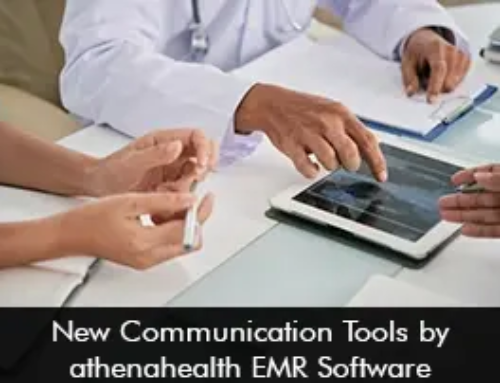To reap advantages and better security, healthcare organizations are looking into Electronic Health Records cloud migration. Health IT leaders believe it is a cost-effective solution and can boost efficiency levels across the care continuum benefiting both providers and patients alike.
What is EMR Software Cloud Migration?
The process of moving digital patient health records and related data from on-premises servers or outdated systems to cloud-based platforms or infrastructure is referred to as EHR software cloud migration. Sensitive and vital patient data, such as medical histories, diagnoses, prescriptions, treatment plans, dates of immunizations, allergies, radiological pictures, and laboratory test results, are stored in Electronic Medical Records (EMR) Software Systems.
The popularity of EHR Cloud Migration
As revealed by Forbes, the market for cloud services in the healthcare sector is estimated to exceed $79 billion in the next five years. This shift in the healthcare landscape to the cloud infrastructure is due to the many advantages it brings to healthcare organizations such as,
- Scalability
- Improved Accessibility
- Flexibility to Ensure Care Collaboration
- Cost-Efficiency
- Robust Data Security and Compliance
Mount Sinai’s Epic EMR Software Cloud Migration
Mount Sinai Health System just finished its Epic EHR Software cloud migration. The new cloud-based software system technology aims to improve health IT scalability by allowing healthcare providers to accommodate computing requirements efficiently and make way for efficient workflows.
Before migrating to the cloud-based EMR Software the health system had 13 data centers and server rooms which added to costs and inefficiencies.
The power of Epic EMR Software cloud technology will unlock the benefits of tapping Artificial Intelligence (AI) technology and will help Mount Sinai to decrease its carbon footprint.
Utilizing Epic Generative AI features from the Cloud Migration
Mount Sinai Health System will be able to leverage generative AI features and tools from the cloud migration to Epic Software. For example, the health system is testing a generative AI feature to draft patient communication.
GPT in Epic EMR Software will prepare a response for a doctor to evaluate if a patient sends a secure communication over the patient portal platform. The healthcare organization anticipates that the innovative technology will lessen administrative costs for clinicians and increase their efficiency.
Moving Ahead
To ensure effective cloud migration health systems must guarantee that all applications are cloud-ready by testing them and the major focus needs to be on cybersecurity.
Undoubtedly, the objective of EHR Software cloud migration is to bring healthcare IT infrastructure up to date, boost productivity, improve data accessibility, and fortify security and compliance protocols inside healthcare institutions.








